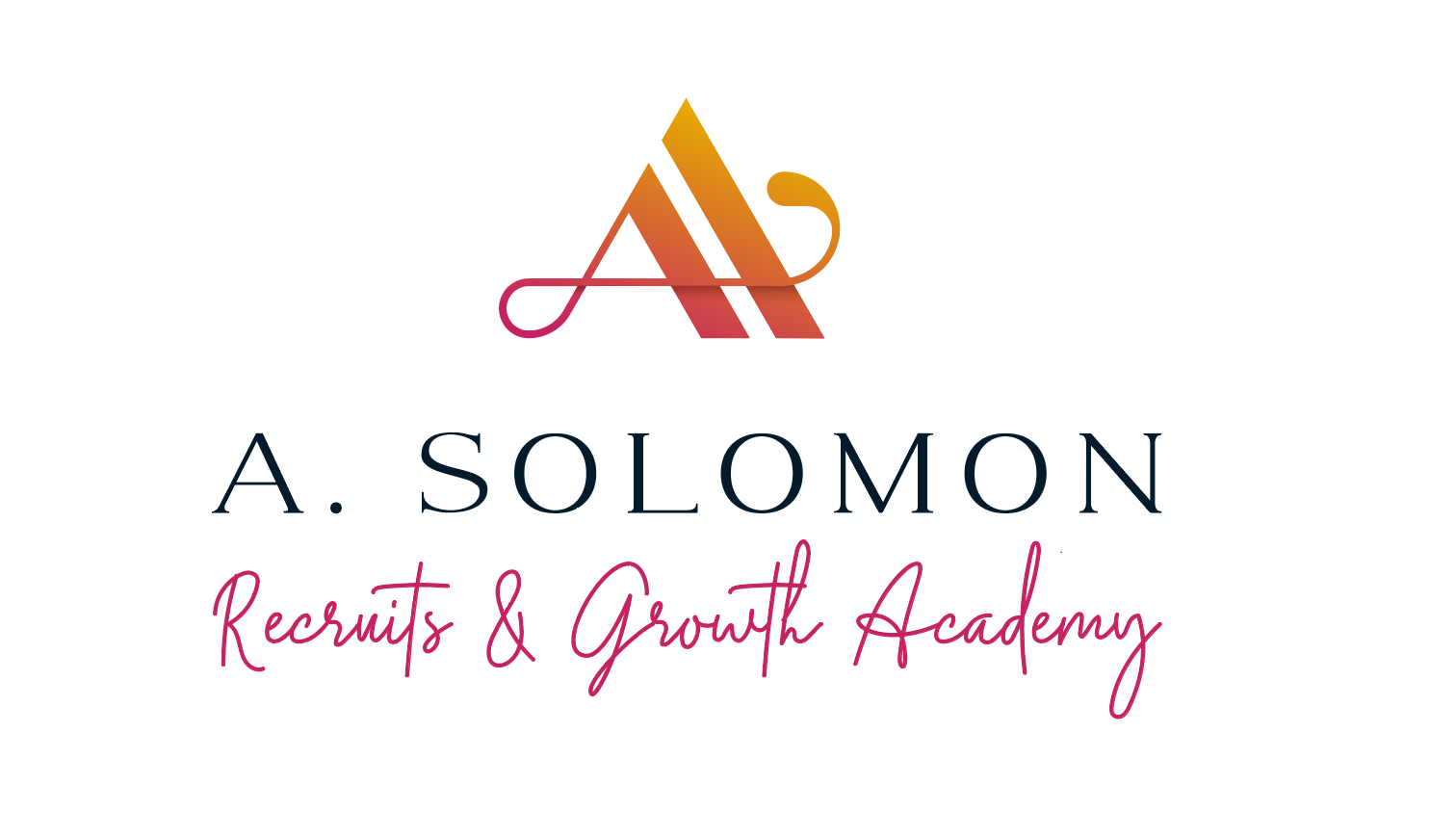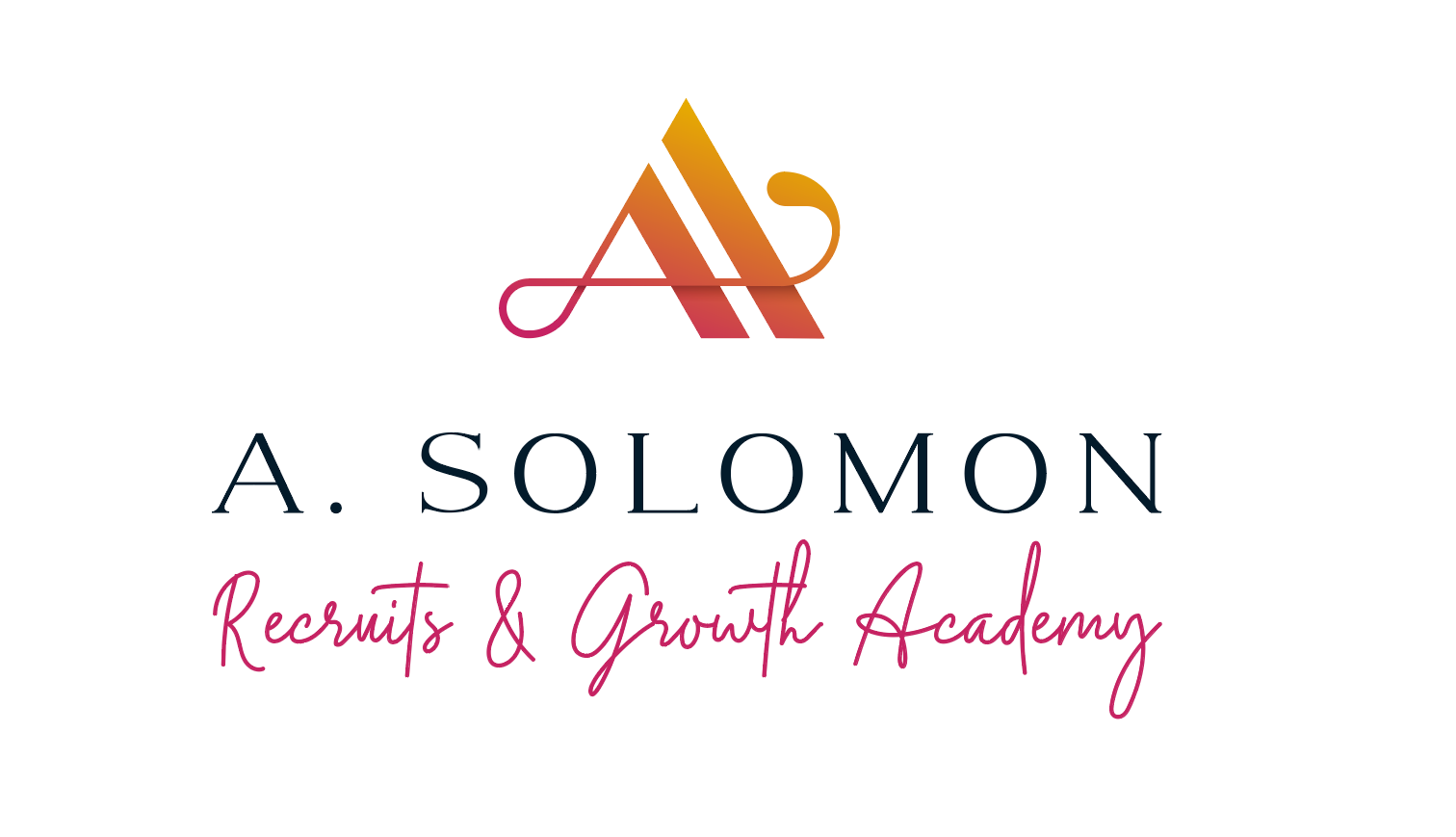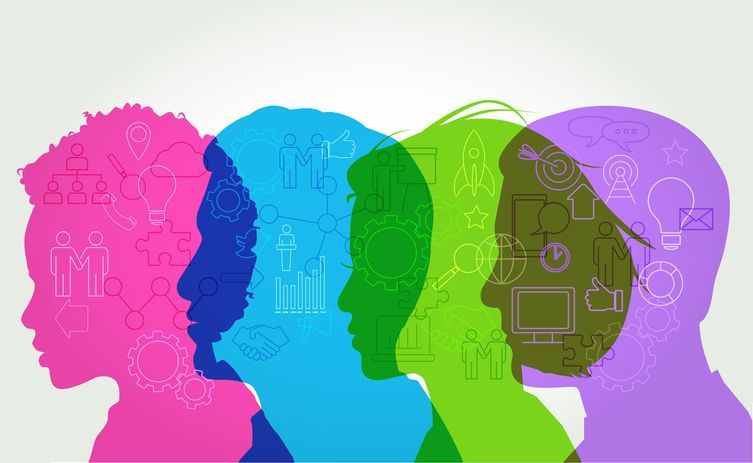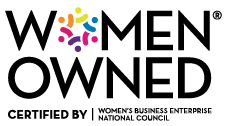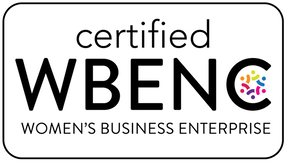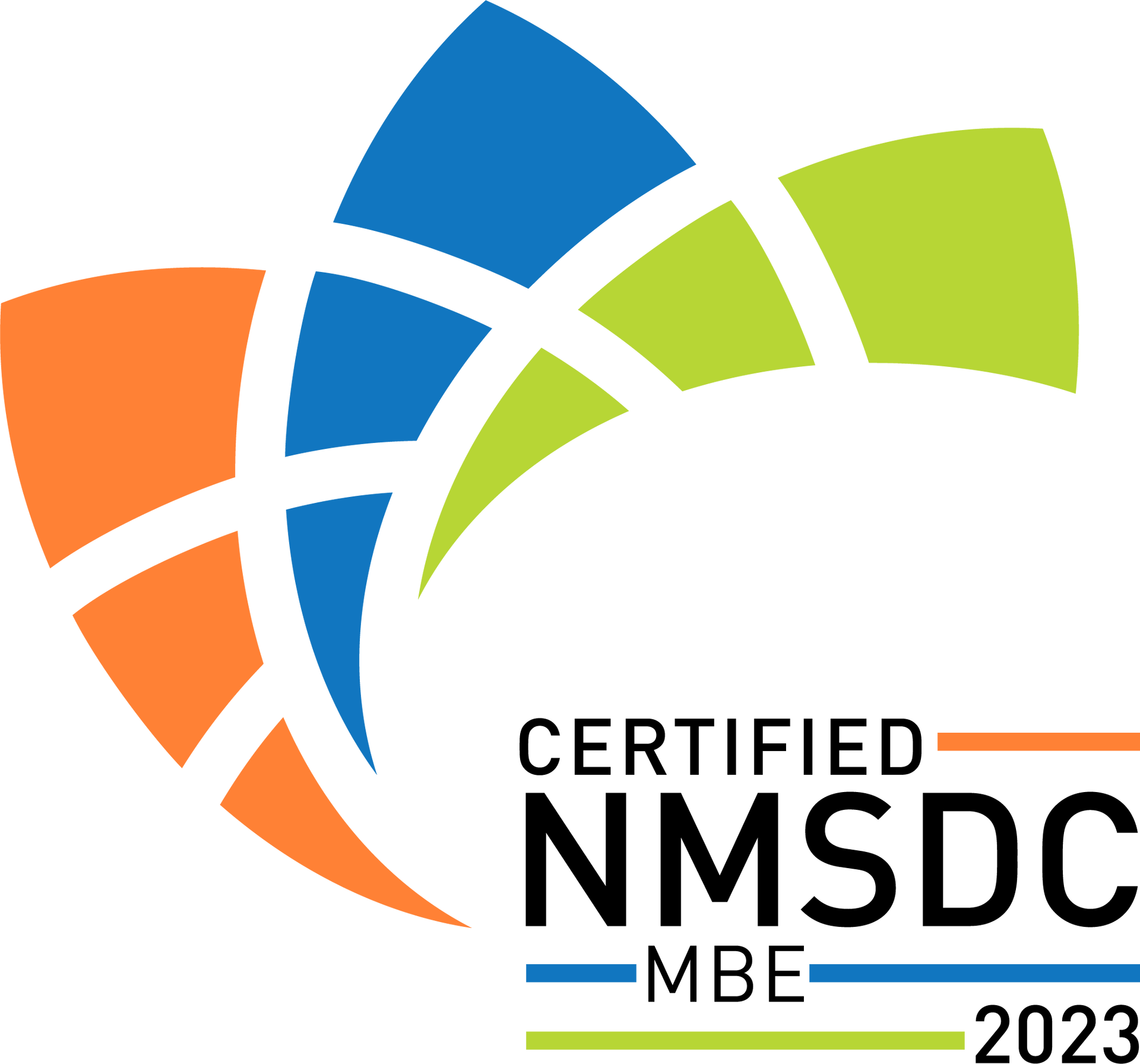The Emotions of White Racism
(Photo by Eze Amos @ezeamosphotography)
One White Woman’s Account of How Emotions Can Cloud One’s Ability to Grow
By Ariana Ross, editor for A. Solomon Recruits
Racism is an emotional issue for everyone. White, black, or any other color, if you live in a racist society, racism is deeply personal. It’s in our media, it’s in our grandparents, it’s in our favorite childhood movies, it’s in our bloodstream. Racism is so embedded in our society that dismantling it often means dismantling our history, our society, and our identities. The emotions that come up as we begin to do this work can be a brilliant motivator, but they can also be destructive to one’s ability to act.
For white people, becoming aware of racism is realizing that the deck has been stacked to give us an advantage and that when we thought we’ve been playing fair, we’ve actually been cheating. It’s realizing that playing fair involves giving up what we thought was normal and learning how to play without cheating. The tricky thing is that it’s not individual people who are cheating, it’s the whole casino, and to play fair, we have to demand our advantage to be taken away.
Becoming aware of the fact that the system is skewed in our favor forces white people to come to grips with the fact that our successes are not solely the result of our own abilities, and that many of our actions and words have unintentionally disrespected and hurt people. During this reckoning, a split forms between self and reality: what one thought was happening versus what is actually happening. This is incredibly painful, especially if you have good intentions only to realize that you’ve been a part of the problem. This pain can be divided into two categories: grief and fear.
-Grief-
Grief comes from fully seeing and acknowledging racism in society. I grew up in Los Angeles in a very mixed society, with mixed social circles and role models. Heterogeneity was normalized very early on for me and, being white, subtle forms of racism were invisible to me. I knew that racism existed but, in my head, I lumped it in with Islamic extremism and neo-Nazism: it was out there, but it was an anomaly. So even though racism was a tragedy, it didn’t strike me as an active problem. It wasn’t until I spent a summer in Charlottesville, Virginia for a job that I began to see racism for what it is: a subtle and ongoing system that holds certain people down, even while feeding them.
Charlottesville is a liberal town with conservative roots. It is a place of woke white people walking on land on which the civil war is still being fought. It is a place of tremendously difficult history, evidenced by war monuments that praise confederate heroes and cherished historical buildings that celebrate the history of known slaveholders and abusers.
While there, I went on tours of mansions—architected specifically to serve inequality—and tiptoed around slave quarters to arrive at expansive dining halls in which I was asked to admire the filigreed wallpaper.
The town’s university was constructed through the sweat of slaves yet now funnels white kids into corporate jobs in inequitable proportions, all the while patting itself on the back for being liberal. The hypocrisy was blaring yet swallowed whole: accepted entirely with pitying eyes and idle shrugs.
For me, this summer came with grief. I toured Thomas Jefferson’s Monticello and then, while others enjoyed chicken sandwiches in the courtyard around me, I sat on a picnic bench and sobbed into my arms. I began reading about race at this time: wanting to learn more, wanting to do better. And much of what I learned were ways in which I had been wrong: things I had said or done that were problematic, hurtful, or unaware.
I began to initiate conversations about race, with people who were both subject to it and perpetrators of it. In some of those conversations, I was called out for my own lack of sensitivity, my own “predictable” racism. When I would receive this, I often felt accused and wanted to back away from the threat to my identity; I wanted to justify my words, explain my perspective. Once, I was called out for this reaction exactly.
In a conversation about race with a black man, he told me that a well-meaning comment I had made had had the exact opposite impact of my intention. I felt ashamed and embarrassed to be accused of lacking the exact awareness that I was trying to cultivate, so I defended myself. I explained my perspective, explained the legitimacy of my lack of awareness, and asked that his feedback be catered to my sensitivities; that I get points for trying, even when missing the mark.
I used his feedback about how my comment hurt him to refocus the conversation toward how his feedback had hurt me. I leaned into my own sensitivities, dismissing his and defending my right to hurt him.
My initial comment had lacked some awareness, but my reaction to the feedback about my comment was more pernicious: it was white supremacy, alive and well and breathing through me. When I realized this, I was shaken to find that not only was I completely in the wrong, but I was also completely stripped of my defenses. My reaction was not original, it was not constructive, it was not even interesting. It was predictable, trained behavior for a white person who has always been taught that her subjective experience is the irrefutable gold standard of which she can measure the legitimacy of others.
This process is scary. It felt like being a blind monster, tromping through new land I was unfamiliar with and having to rely on other people’s direction to tell me where to step and where not to so as not to hurt anyone around me.
We grieve the loss of the world we thought we were living in order to come to terms with the world we are actually living in.
We begin to notice the disparities between what our country preaches and how our country acts. We can then see these disparities in the actions of the people around us and in ourselves. We realize that despite what we’ve been taught, racism is alive and well.
Although painful, grief is constructive because as we move through it, we establish a solid footing in a reality in which we can act and make a difference.
-Fear-
The other form of pain that is triggered by reckoning with racism as a white person is fear. Fear comes from our sense of self being challenged. As we become aware of the realities of racism, we begin to lose our footing in our identity as a non-racist person living in a non-racist society. When this sense of identity is challenged, our ego attempts to protect itself. We are afraid of what kind of monster we will find ourselves to be if we fully acknowledge our own internalized prejudice, our own complicity in a system of racism. We are also afraid of losing things that we love and rely on: our trust in the media, our admiration for our grandparents, the virtue of our favorite movies,
our own identity as someone who is on the right side of history.
This fear response is understandable but, if we let it guide us, it can be very destructive. The ego’s job is to protect our sense of self. When our identity is threatened, the ego mounts a defense and attacks whatever is threatening it. When it comes to race, this comes in the form of denying racism in ourselves and in society and creating justifications for these actions and systems—not because we want to perpetuate racism, but because we don’t want to admit that we’ve been a part of the problem. How I reacted to receiving feedback about an ignorant comment I had made is a perfect example of this. When we are attempting to defend our own identity, we blind ourselves to reality and we become resistant to growth.
When a person’s attempts at dismantling racism are fueled by their need to be right, the topic of racism becomes about their emotions and not the cause itself. It becomes an issue of personal identity, not of social justice. The focus transfers from attempting to be better to convince ourselves that we are already right, that what we just said is valid and virtuous, not problematic or ignorant.
When we attach our identities to our thought patterns, we cling onto the racism inside of us. We are rendered incapable of serving the cause and can only serve ourselves.
--
In order to serve the cause, we must identify with something larger than the preservation of selfhood: we must identify with the process of growth itself. Stealing a phrase from Brene Brown, we are not here to be right, we are here to get it right. In order to do that, we must align our selfhood with our humble attempts at harmony, not our bold claims to righteousness. We must admit that, at times, we were wrong—at times, we are going to be wrong—and we must continue to put ourselves into positions where we might mess up again in order to continue to improve.
If we release the need to maintain the polished completion of our identities, we are freed up to ask questions, we are freed up to be humble, we are freed up to be unsure, to mess up sometimes, and to continue to try again and again, we are freed up to receive feedback and inevitably, we are freed up to be better.
Brittany Howard is the lead singer, primary songwriter, and guitarist of Alabama Shakes, Bermuda Triangle, and Thunderbitch. But her solo work is on another level. It’s soulful, poignant, and unguardedly real. “13th Century Metal” from the solo album Jaime is Howard’s vow as to how to direct her energy; how to utilize the mind’s capacities to serve that which the heart knows is right and good. Too often, we push away the innate wisdom of what our heart knows to be right and choose cynicism over striving. When we do this, we accuse goodness of idealism and inhabit the intellectualized world of the mind, where failure can be justified to keep us innocent of our own inaction. But “the mind is a wonderful servant but a terrible master” (Robin Sharma) and it is our job to remind our mind where it is needed and where it is not. It is needed to direct our energy toward our goals. It is not needed to preserve our ego in the face of invitations to grow. It is needed to provide the structure to metabolize heartbreak as we continue to replace our old stories with better ones that extend grace and protection to more and more people.
I recommend reading the
lyrics.
I AM someone who sees incredible potential in places most people don't think to look. As a black woman, small business owner of a diversity staffing boutique, my team and I walk alongside our Clients in creating professional environments that are truly for ALL. I believe in our interconnectedness as a human race and strive every day to use my gifts to empower the workplace’s invisible and powerless. I rarely bet on certainty and always root for the underdog because, after all, those are the best stories to tell.

